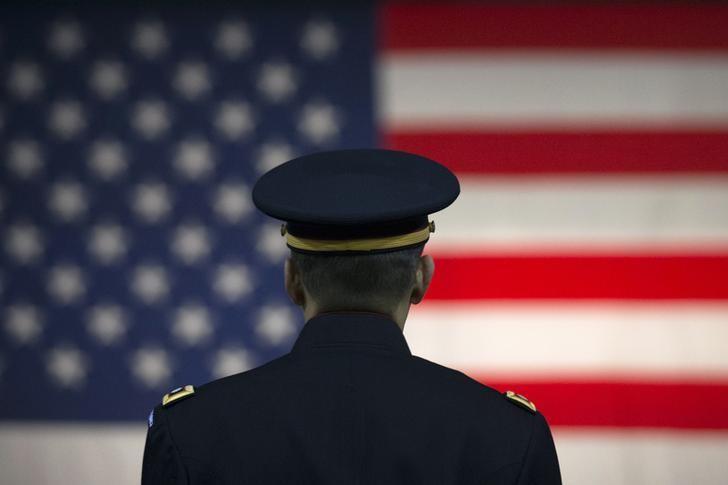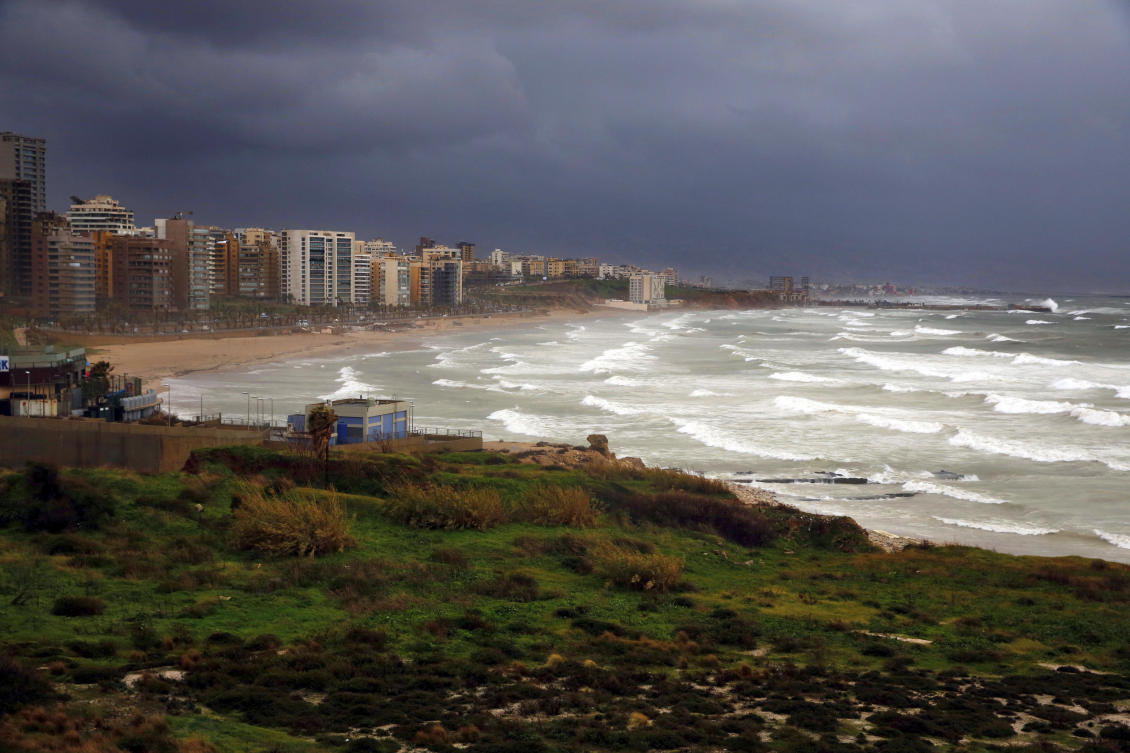ANKARA: A delegation of top US officials will visit Turkey on Tuesday to discuss joint plans after the US withdraws from Syria.
US National Security Advisor John Bolton, Joint Chiefs of Staff Gen. Joseph F. Dunford Jr. and James Jeffrey, a US special representative for Syria and the anti-Daesh coalition, will hold talks with Turkish officials in Ankara.
The latest meeting comes amid rebuke over recent comments made by Secretary of State Mike Pompeo in which he said that the US hoped to stop Turkey from “slaughtering” Kurds in Syria.
Meanwhile, new remarks made by Bolton revealed that the US would put some conditions on its pullout process, meaning the 2,000 American troops slated to leave the country could remain for months.
During a visit to Israel, Bolton said American forces would stay in Syria until Daesh remnants were defeated and Ankara guaranteed the security of the Peoples’ Protection Units (YPG), the Syrian-Kurdish militia that has spearheaded the US-allied Syrian Democratic Forces in the fight against Daesh.
Despite a US pledge to bring American soldiers back home quickly, major disagreements between Turkey and the US over the alliance with the Kurdish militia will likely slow down the process.
“We don’t think the Turks ought to undertake military action that’s not fully coordinated with and agreed to by the US,” Bolton said regarding the concerns that Turkey may launch a military offensive against the YPG once the American forces pull out.
But Ankara insists that Turkey only targets Daesh and the YPG, which it sees as the offshoot of outlawed Kurdistan Workers’ Party (PKK).
Since 2015, Turkey has already launched two military operations in northern Syria against the YPG, while before the US pullout announcement, Turkey was planning a new attack on YPG-held areas in the eastern bank of the Euphrates River.
Turkish President Recep Tayyip Erdogan told US President Donald Trump that Turkey pledged to continue fighting Daesh in Syria.
Turkey reportedly demands US air support for any efforts against Daesh in areas along Syria’s border with Iraq.
Ziya Meral, senior resident fellow at the British Army’s Centre for Historical Analysis and Conflict Research, said the priorities of the US and Turkey over northern Syria are difficult to reconcile, not least because it is not clear what it is that the Trump administration actually want to see in the long term.
“For Turkey, this is a question of national security and risks that are posed by a militant group it has been fighting for decades assuming long term territorial control on its borders,” he told Arab News.
“For the US, it is about Daesh and not leaving behind a vacuum and there is the elusive talk of containing Iranian reach. If taken to its logical outcome, this means indefinite US presence in northern Syria.”
According to Meral, what the US can hope to achieve at best is a short-term commitment from Turkey not to launch a new operation.
“But this would mean a YPG pullout from certain areas, which is not clear, especially given both Turkish talks with Russia, but also YPG talks with Assad regime,” he said.
In December, some Syrian Kurdish representatives reportedly met with senior Russian officials to discuss a Russian-mediated political deal with the Syrian Assad regime.
Meral noted that, while it is clear it will never accept a PKK dominated landscape on its borders, Turkey too needs an exit strategy from Syria, at the moment it is deepening its presence to problematic long-term outcomes.
“The US could use this pull-out process creatively for a long-term strategy as it has leverage on both PKK and Turkey, but at the moment Trump administration is wanting on such long-term thinking,” he said.
Yusuf Erim, a prominent political expert, expects this visit at least set down in the framework of what Turkish operations will look like, whether the United States is on board with that,
According to Erim, if Turkey doesn’t see Bolton’s requests as feasible, then it will go back to square one, meaning Turkey will conduct a military operation despite US military presence in Syria.
In this case, there would be complexities to the scope of the military operation, which means it should be better coordinated, he added.
Erim said there were red lines for both parties and that officials would hopefully reach a deal over them.
“The red line for the Americans is obviously Kurdish civilians in the area and the minority groups,” he said.
“Turkey’s red line is the YPG, which the Americans view as allies. Turkey would not accept any US demand to allow the YPG to freely roam the region.”
The US will give a green light to some type of Turkish operation in Syria, just maybe not to the extent that Turkey wants, according to Erim, who reiterated recent debates about a 40-mile buffer zone into Syria.
“This buffer zone will address Turkey’s security concerns and it also might be feasible for the Americans as well,” he said.
“I’m expecting the buffer zone idea to come to the forefront during these meetings in Ankara. If fighting Daesh is back on the table, we have to realize that it just 300 kilometers away from the Turkish borders, which will totally change the scope of the operation and add new complexities, which the Turkish army can deal with.”










